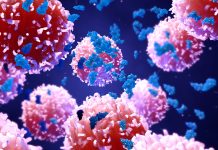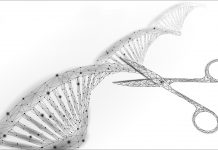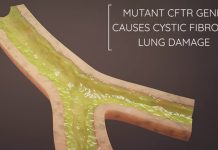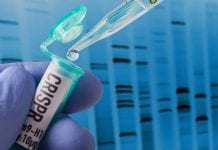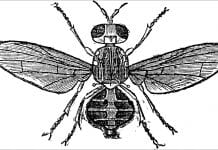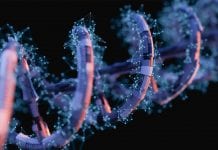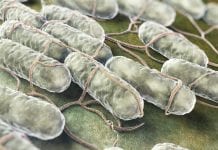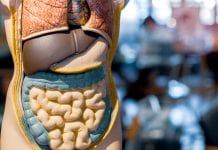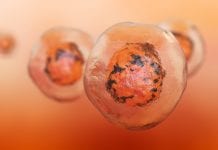cell and gene therapy Related News
Explore the molecular machine in cell nucleus which may hold key to treating aggressive...
Reported in Nature Cell Biology, researchers have uncovered a use for the overlooked molecular machine in cell nucleus which could possibly hold the answers...
What do you know about the new CRISPR Cas9 gene editing system?
Reported in Genome Medicine, a new CRISPR Cas9 gene editing system has been developed which adds genes to create mouse models of liver cancer.
A...
Is there a milestone in the treatment of men’s disease with tissue engineering?
About 1% of the male population suffers from strictures of the urethra, discover the breakthrough in tissue engineering with MukoCell.
Utilising tissue engineering, the product...
A new innovation for gene editing may improve disease treatment
Purdue University, USA, have developed a new technology that could change how gene editing is approached and even improve disease treatment for the future.
Gene...
Developing a first-in-class regenerative gene therapy for cystic fibrosis
OmniSpirant Limited is an Irish company developing a regenerative gene therapy with the potential to transform respiratory medicine.
The innovative OmniSpirant platform is based on...
What do you know about the dangers of vitamin B12 deficiency?
According to Rice University, USA, bio-scientists have discovered the first direct link between a diet with vitamin B12 deficiency and an increased risk of...
The eccentric marvels of biology: using tweezers to study FUS droplets
Did you know we can use laser ‘tweezers’ to study FUS droplets? Well, according to the University at Buffalo, USA, studying this protein can...
Did you know celastrol and leptin can curb hunger and obesity?
Celastrol increases the brain's sensitivity to leptin, the hormone that signals we've had enough to eat, but until now, no one knew how this...
The secret life of antimicrobial peptides revealed by CRISPR
Despite their importance, we know very little about antimicrobial peptides, but scientists have used CRISPR to unlock details of these peptides to combat infection.
Antimicrobial...
Examining cell stress for better health or better beer?
Understanding cell stress could help develop effective treatment and could potentially even help to brew better beer.
Researchers from Chalmers University of Technology, Sweden, have...
Let’s talk nemuri: the gene that induces the need to sleep
Humans spend almost one-third of their lives sleeping, yet sleep is still one of biology's most enduring mysteries – could nemuri unlock this?
Published in...
Unlocking the process of delaying ageing and fighting neurodegeneration
Monash researchers have unlocked a key process in human cells – could this be a step towards fighting neurodegenerative diseases as well as delaying...
Louis-Jeantet Prize for Medicine and the world of medicinal therapy
Combining knowledge with human genetics and molecular techniques, the Louis-Jeantet Prize is awarded to a dynamic research team looking to fight dysfunction of the...
Therapies for recombination-deficient severe combined immunodeficiency
Leiden University Medical Center, Netherlands, is developing stem cell-based gene therapy for recombination-deficient severe combined immunodeficiency.
Leiden University Medical Center is the co-ordinating partner for...
Using gene expression to better understand Salmonella
The devastating Salmonella epidemic is killing around 400,000 people each year in sub-Saharan Africa, now using gene expression, scientists are closer to understanding the...
Organ transplant promoted by engineered T cells
Researchers at the University of Basel, Switzerland have discovered a molecular approach preventing organ transplant rejection.
Organ transplant rejection is a major problem in transplantation...
Circadian clock gene: biological differences between males and females
The biological differences between males and females has now been investigated with the circadian clock gene, which may benefit female heart health.
Published in the...
Biomarker for colorectal cancer symptoms may be on the horizon
Johns Hopkins researchers have identified a protein biomarker involved in the development of new blood vessels that could identify colorectal cancer symptoms.
In laboratory studies,...
Gene editing capsaicinoids: should researchers engineer a spicy tomato?
With the latest gene editing techniques, scientists can now insert capsaicinoids, the molecules that give peppers their spiciness, into tomatoes – introducing the spicy...
Adenosine deaminases function may be the molecular radar we need
Adenosine deaminases are a family of three enzymes encoded by the ADAR genes, and researchers have found that editing enzyme promotes tumour suppressor loss...


